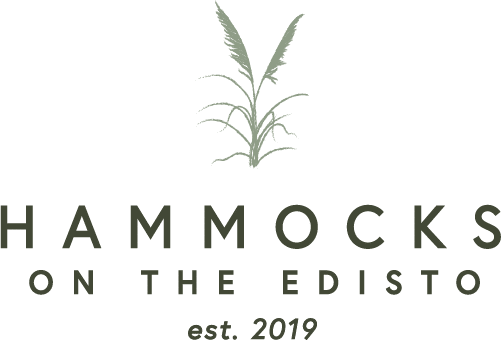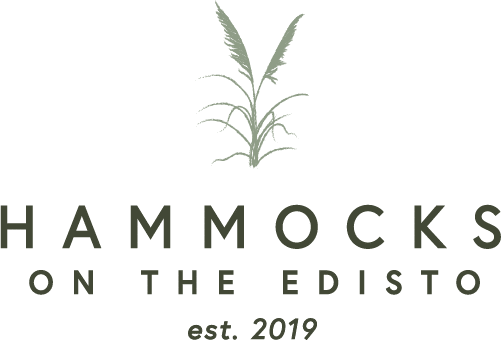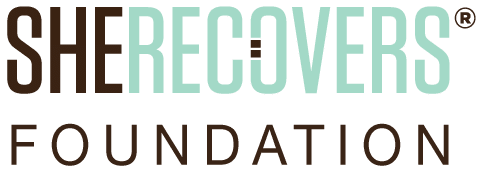Addiction recovery is a lifelong journey. Overcoming addiction is an exciting first step in every addict’s recovery journey. However, it’s critical to understand that triggers are inevitable. Therefore, it’s important you understand what triggers are in addiction and learn how to reduce your exposure to triggers so you can minimize your risk of jeopardizing your sobriety journey. In this article, you’ll learn more about what are triggers in addiction, and tips to help support your long-term sobriety.
At Hammocks on the Edisto, we are a leading women’s drug rehab committed to providing personalized treatment to help patients overcome addiction. Addiction is a debilitating disease that can interfere with virtually all areas of your life fo the worse. Our women’s inpatient drug rehab center offers a range of treatment options so you can lead a healthier, happier life. Ready to start your recovery journey? Contact us today!
What Are Addiction Triggers?
Triggers in addiction refer to the range of factors that raise the risk/urge to abuse drugs or alcohol. Triggers can consist of people, places, circumstances, situations, and even emotions that put you at an increased risk of falling back into old, unhealthy habits and abusing drugs. While it is inevitable that addicts will face cravings and urges to abuse drugs during recovery, it’s critical to minimize your risk of experiencing these cravings to help you achieve long-lasting sobriety.
Therefore, not only understanding what are triggers in addiction, but knowing what your personal triggers in addiction are can significantly help support your road to recovery. According to the National Institute on Drug Abuse, about 40-60% of people treated for substance use disorders relapse. This staggering statistic showcases just how vulnerable recovering addicts are to falling back into abusing drugs and alcohol, even if they have received treatment and overcome their addiction.
How to Reduce Your Exposure to Triggers
Now that you know more about what are triggers in addiction, it’s important to understand how to reduce your risk of experiencing triggers so you can help maintain your recovery journey.
Learn What Your Triggers Are
First, it’s critical to understand and identify what your unique triggers are. Inevitably, triggers will vary by individual. If you are a recovering alcoholic, going to a bar or place where drinking is the primary focus will likely trigger you and increase your risk of falling back into unhealthy habits like abusing alcohol. Therefore, it’s important to identify your triggers so you can actively limit your exposure to them.
Establish Boundaries to Prevent Exposure to Triggers
Next, it’s important to establish healthy boundaries to prevent your exposure to your triggers. Following the example mentioned above, if you are a recovering alcoholic and you get invited to go to a bar, it’s important to verbalize your boundary that you do not go to bars. You don’t have to explain your boundary if you do not feel comfortable doing so. However, it’s critical you establish, set, and verbalize your boundaries with others to help reduce your risk of triggers.
Set a Plan on What to Do When Faced with Triggers
Last but not least, it’s important to have a set plan in place for what to do when faced with triggers. This will help reduce your risk of falling for the trigger and instead resort to a way to remove yourself from the trigger.
Help Is Available
Now you know more about what are triggers in addiction, and how you can lower your risk of jeopardizing your sobriety journey. Triggers can vary by individual and include certain people, places, and situations that increase your risk of falling back into old cravings or urges to abuse drugs or alcohol. While some triggers are unavoidable, most triggers can be avoided and this can help you proactively reduce your risk of relapsing.
At Hammocks on the Edisto, our compassionate team of addiction specialists and mental health professionals is here to help. We understand every patient’s recovery journey is different. This is why we provide patients with a personalized treatment approach to ensure we best address each patient’s unique recovery needs. Ready to start your recovery journey? Contact us today!
Frequently Asked Questions
What is the difference between triggers and cravings?
While triggers and cravings are related, they are not the same. A trigger refers to a particular emotion, place, person, or situation that causes someone to feel urges to abuse drugs or alcohol. Meanwhile, cravings refer to the actual feelings or urges you experience when you are tempted to abuse drugs or alcohol. In other words, triggers can be considered a root cause or source of raising someone’s risk of relapse, while cravings are the actual feeling that comes from being exposed to triggers.
It’s important to note that triggers alone are not the only way one can experience cravings. Sometimes, cravings or urges to abuse drugs or alcohol can seemingly come out of nowhere for a person in recovery.
What are examples of internal triggers?
Internal triggers are triggers you experience from your own emotional or mental well-being. For example, rather than experiencing outside or external triggers from a specific place, person, or situation, internal triggers come from your own emotional state. For example, if you are feeling stressed, overwhelmed, lonely, or ashamed for your past, these are all more common negative emotional states that run the risk of being internal triggers for recovering addicts. Someone who experiences a wave of loneliness can be an internal trigger because they may then be vulnerable to turn to drugs or alcohol as a means to cope with their feelings of loneliness.
What are the psychological causes of addiction?
When understanding addiction and addiction recovery, it’s important to better get to the root of when you may have started to abuse drugs or alcohol in the first place. Oftentimes, many people have a psychological root cause or source of their addiction stems from. For example, someone who struggles with an untreated mental illness may have initially started to abuse drugs or alcohol as a coping mechanism to try and manage their mental illness. Other examples of psychological causes of addiction include someone who has experienced unresolved trauma or has a low sense of self-worth.
How do I identify my triggers?
It’s important to be able to identify your triggers so you can be able to avoid them. Otherwise, failure to recognize your triggers increases your risk of inevitably running into them and raising your risk of relapse. Therefore, take time to carefully reflect on past people, events, places, or situations where you may have experienced after being exposed to that person or thing a rise in cravings to abuse drugs or alcohol. Once you’ve identified your triggers, it’s critical to take actionable steps in your life to remove those triggers from your life as much as possible.







